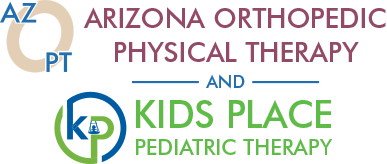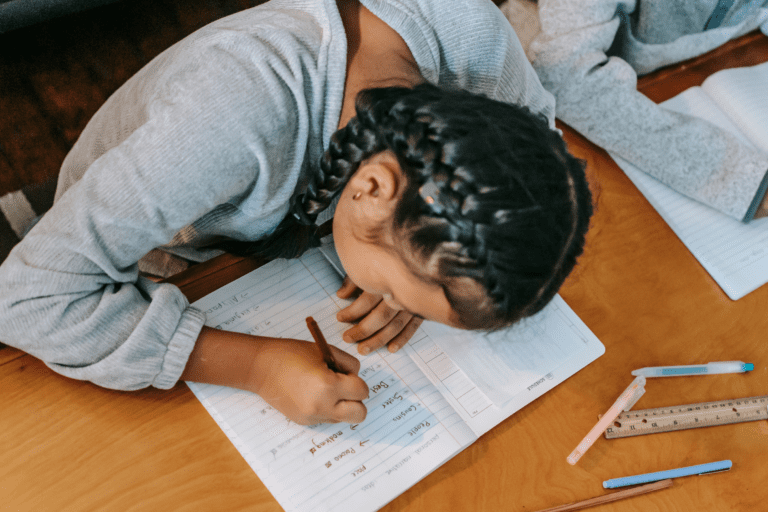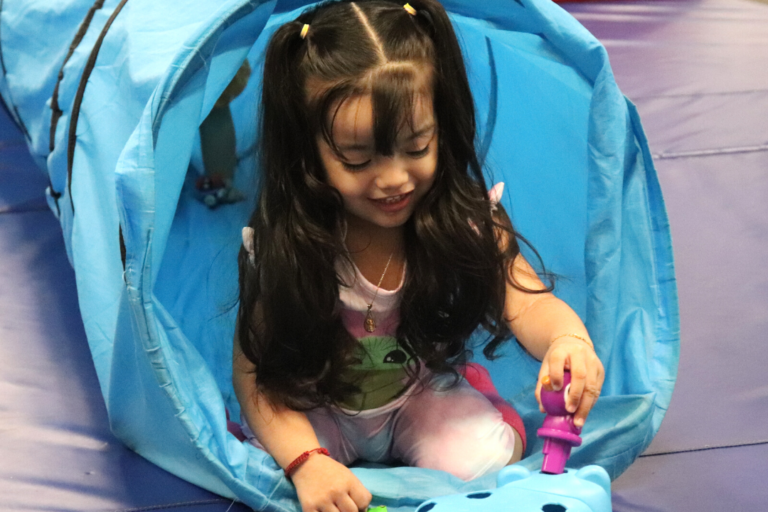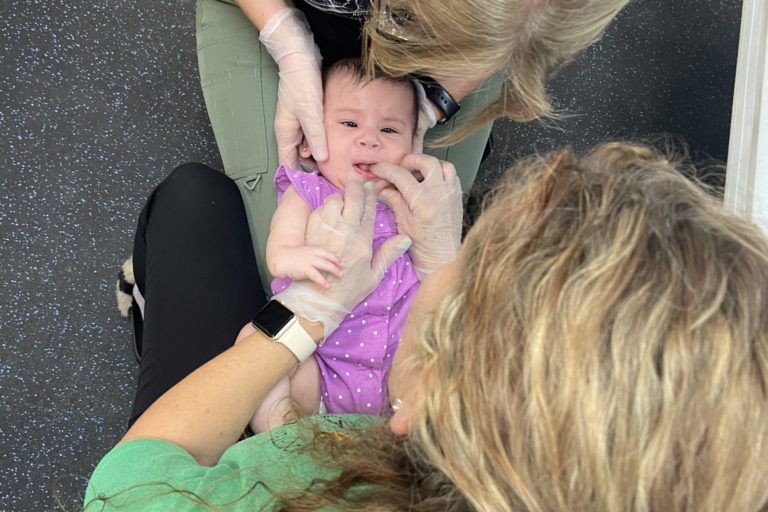Since 2008, Kids Place West has provided pediatric therapy in physical, occupational, speech, and feeding therapy to West Valley children. In 2015, we opened Kids Place Central to provide these services to more Phoenix-area children. In 2018, Kids Place Central moved to our current location in Encanto Park. Kids Place Prescott began in 2020 with pediatric physical therapy and has expanded to include all services to the Quad City area. Most recently, Kids Place East in Gilbert opened to provide all services in the East Valley.
Making Slime Improves Child Development – Easy DIY Recipe & Benefits Making slime with your child is a fun activity targeting fine motor skills, direction following, sequencing, tactile processing, and emotional regulation. Slime offers a sensory experience while also working on various skill areas that are important for your child’s overall development. Why Slime Supports…
The Importance of Errors in Learning: A Pediatric Physical Therapist’s Perspective As a pediatric physical therapist, I often encourage children and their families to embrace mistakes as part of the learning process. In a world that often prioritizes perfection and immediate success, it can be difficult for both parents and children to understand that errors…
What is Pediatric Speech Therapy? Pediatric speech therapy focuses on evaluating and treating children with communication challenges, including speech, language, social communication, and feeding/swallowing disorders. Speech-language pathologists (SLPs) work with children from infancy through adolescence, addressing issues such as delayed speech, articulation disorders, stuttering, voice disorders, and difficulties with understanding or using language. Additionally, SLPs…
Speech Therapy in Arizona: When to Seek Help for Your Child As a parent, you’re constantly monitoring your child’s developmental milestones—walking, talking, feeding, and more. Your child is learning new things every day! But sometimes, development doesn’t follow the expected path. If you’re wondering whether your child’s speech or language development is on track, you…
The Link Between Posture and Handwriting in Children: How Sitting Up Straight Can Improve Penmanship As parents, educators, and caregivers, we often focus on helping children develop good handwriting skills. We provide them with the best pencils, practice sheets, and handwriting exercises. However, one crucial aspect of handwriting that is often overlooked is posture. Proper…
What is Pediatric Occupational Therapy? Pediatric Occupational Therapy (OT) is a specialty designed to help individuals with developmental, physical, and cognitive delays. Occupational Therapists help children develop, recover, or maintain skills needed to perform their everyday activities (occupations). A child’s occupation is to play, dress, groom, bath, and perform school work. We focus on improving…
Turning Mealtime Battles into Playtime Fun: The Power of Play in Feeding Therapy Mealtimes can be a time for connection and nourishment for some families but for others, they can be a battle, filled with stress, tears, and power struggles. Mealtimes can be challenging when you are dealing with a child who has feeding difficulties.…
Tips and Tricks for Teaching Kids How to Tie Their Shoes Learning how to tie shoes is a key developmental milestone for children and an essential life skill. While Velcro shoes are widely available, mastering shoe tying remains important for overall fine motor development and independence. Occupational therapists often incorporate shoe tying into therapy sessions…
Inclusive & Adaptive Sports Opportunities for Kids in the Valley Participating in organized sports and activities is an excellent way for children to develop gross motor skills while staying active outside of Kids Place. Sports provide a variety of benefits, including improved strength, balance, coordination, cardiovascular fitness, confidence, and social skills, helping kids build friendships…
Did you know that a tongue tie can impact your child’s ability to eat, speak, and even sleep? According to the International Affiliation of Tongue-Tie Professionals (IATP), a tongue tie is “an embryological remnant of tissue in the midline between the undersurface of the tongue and the floor of the mouth that restricts normal tongue…










